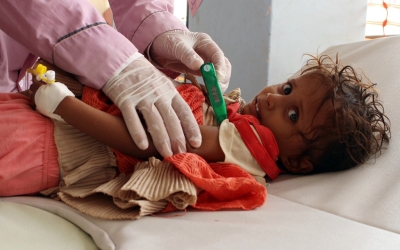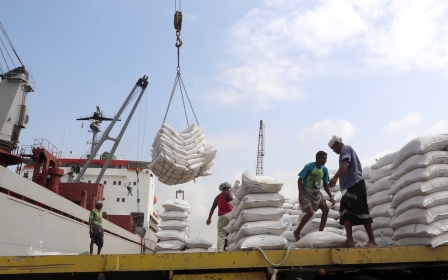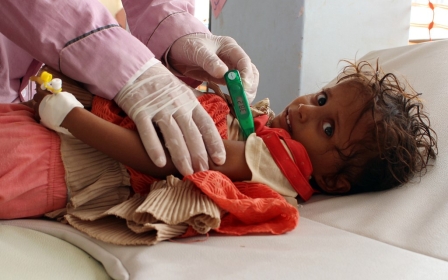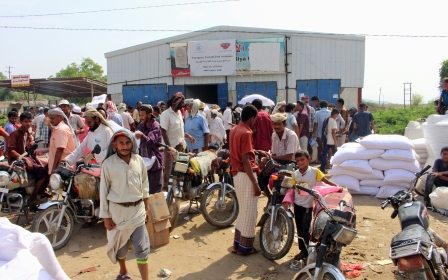UN says Houthi withdrawal from key Yemen ports carried out 'partly, as agreed'
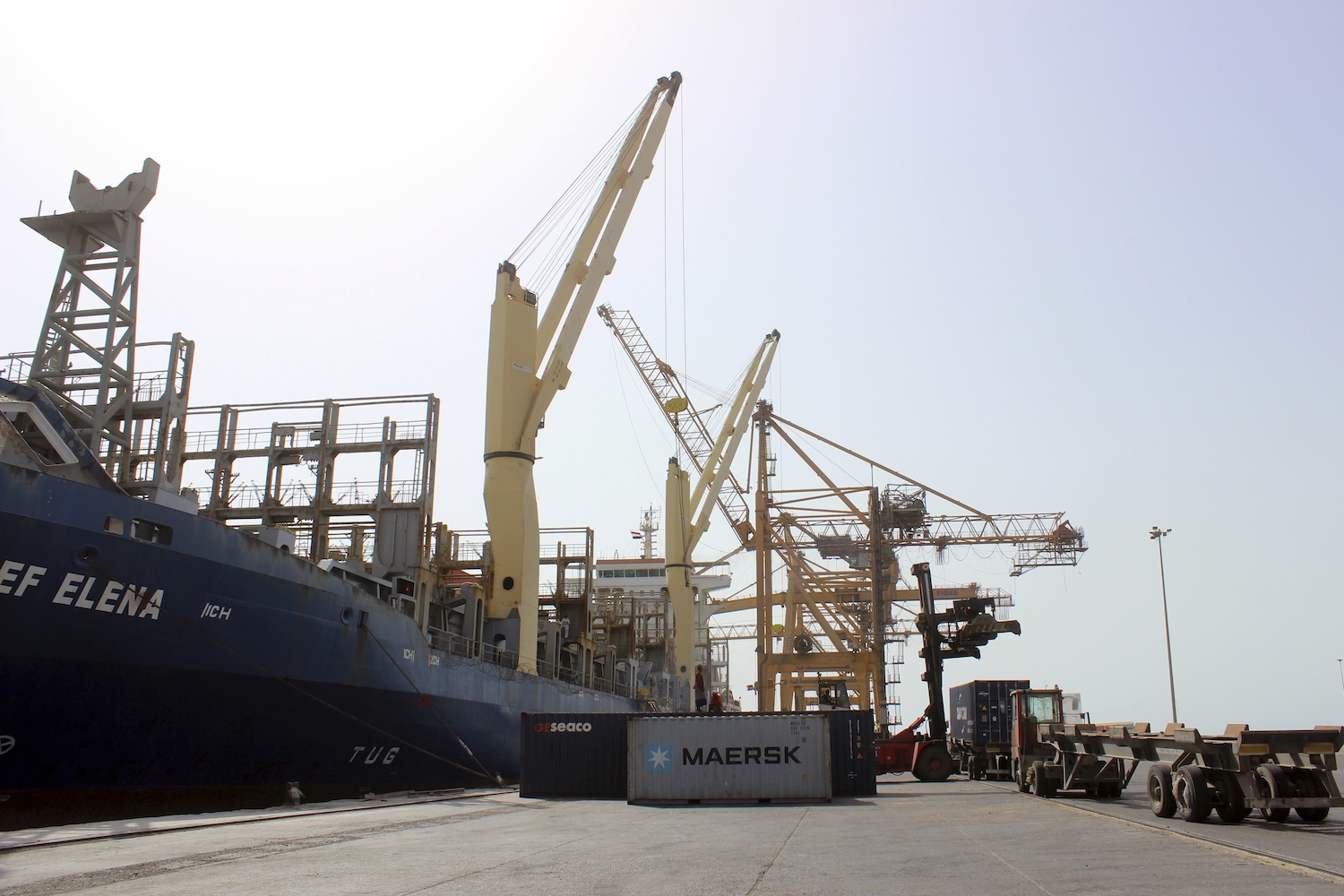
The United Nations has said that Yemen's Houthi rebels have "partly" pulled out of three key Red Seat ports, but UN said "a lot of work" still needs to be done to remove military equipment from the areas.
The withdrawal was "executed, partly as agreed" by the Yemeni rebels, the UN said in a statement on Tuesday.
The move comes as part of a UN-brokered ceasefire agreement that was reached in December between representatives of the Houthis and Yemen's Saudi-backed government.
Houthi spokesman Mohammed Abdulsalam tweeted that the rebels "have completed their commitment in implementing the first phase of redeployment", AFP news agency reported.
"Security of the ports" was handed over to "the coast guard", said Lieutenant General Michael Lollesgaard, chairman of the UN commitee tasked with overseeing the truce.
In the UN's statement, he welcomed that move, as well as "the efforts to remove all military manifestations from the facilities".
"There is still a lot of work to be done on the removal of the manifestations, but cooperation has been very good," the UN's statement read, however.
In fact, Yemen's government accused the rebels of merely handing over the ports to their own forces in different uniforms, AFP reported.
That was echoed by some Yemeni observers, such as Hisham al-Omeisy, an analyst and consultant who was previously detained without charge or trial by the rebel group.
"Houthis handed over the security of the ports to the Houthi coastguard, and this is considered a 'unilateral withdrawal'!?" he tweeted on Tuesday afternoon.
"Oh, and Houthis are stationed/entrenched a stone's throw away from ports too. Nice job, UN."
Ongoing conflict
Houthi and Yemeni government representatives agreed to the UN-brokered ceasefire in December during meetings in Stockholm, Sweden.
The UN considers the deal to be a key stepping stone to reaching a lasting peace in Yemen.
A Saudi-led coalition launched a widescale military campaign in the country in 2015 to root out the Houthis after the rebels overran the capital Sanaa and ousted Yemen's president, Abd Rabbuh Mansour Hadi, who is backed by Saudi Arabia.
The ongoing conflict has caused widespread disease and famine, and the UN estimates that the death toll may surpass 230,000 by the end of the year.
Access to the ports is critical, especially in Hodeidah, which serves as a key lifeline for millions of Yemenis pushed to the brink of starvation.
The port in Hodeidah is the main entrypoint for humanitarian supplies and imports into Yemen.
Last week, Yemeni Information Minister Moammar al-Eryani criticised the Houthi offer to withdraw from the ports.
In a tweet, he called it "misleading" and unacceptable if the measure did not allow for "joint monitoring and verification" as stipulated under the December pact.
Middle East Eye delivers independent and unrivalled coverage and analysis of the Middle East, North Africa and beyond. To learn more about republishing this content and the associated fees, please fill out this form. More about MEE can be found here.


